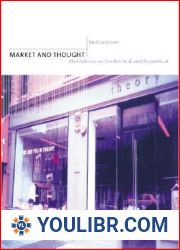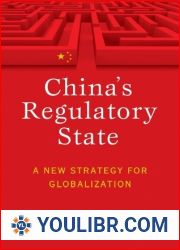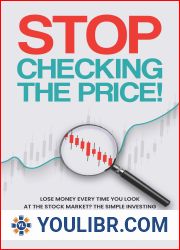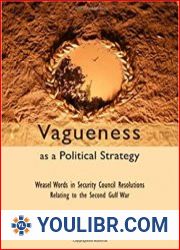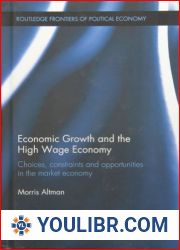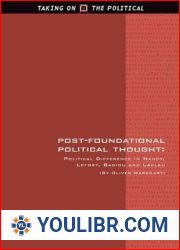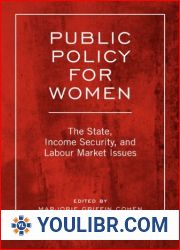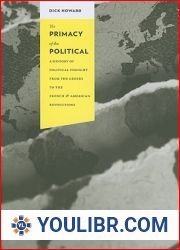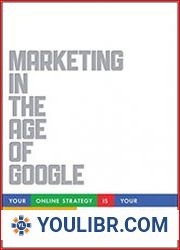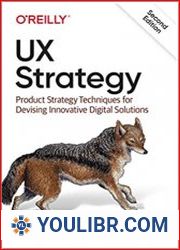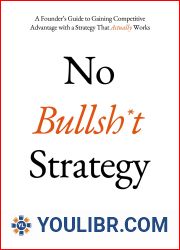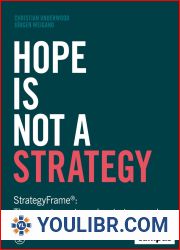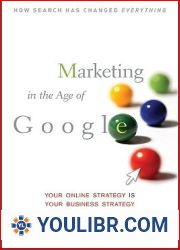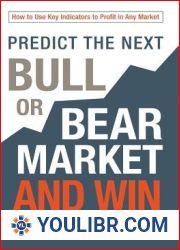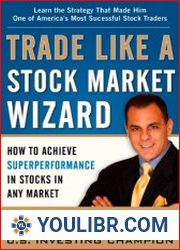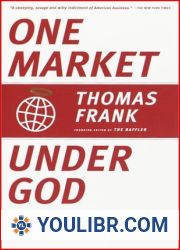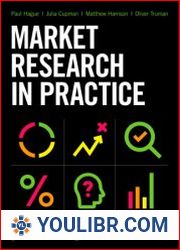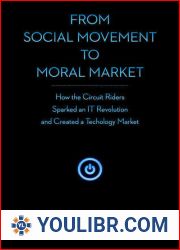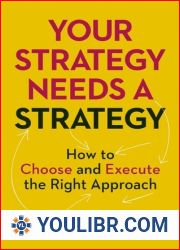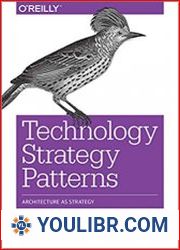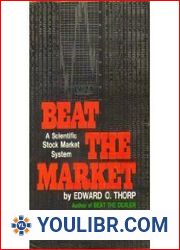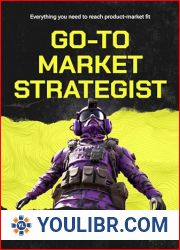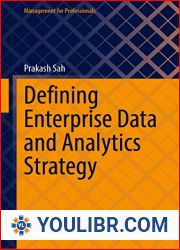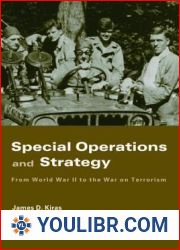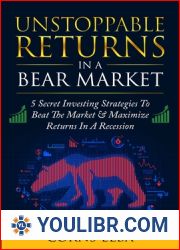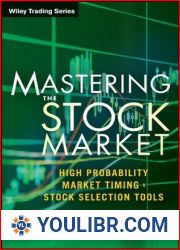
BOOKS - Playing the Market: A Political Strategy for Uniting Europe, 1985-2005

Playing the Market: A Political Strategy for Uniting Europe, 1985-2005
Author: Nicolas Jabko
Year: August 4, 2006
Format: PDF
File size: PDF 848 KB
Language: English
Year: August 4, 2006
Format: PDF
File size: PDF 848 KB
Language: English
Book Review: Playing the Market - A Political Strategy for Uniting Europe 1985-2005 In his book, "Playing the Market: A Political Strategy for Uniting Europe 1985-2005," Nicolas Jabko offers a comprehensive analysis of the political strategy that drove the integration of Europe during the last three decades of the 20th century. The book provides a detailed account of the evolution of European integration, from the Single Market of 1986 to the establishment of the European Union in 1992 and the adoption of the euro in 19995. Jabko argues that this period witnessed a "quiet revolution" in which massive new public institutions were created to regulate economic activity, despite the lack of a single standard or unified agenda among the various actors involved. The book begins by highlighting the radical change in the character of European integration during the 1980s and 1990s, from slow growth to a more rapid pace of integration. This shift was driven by a diverse coalition of actors who rallied behind the banner of market reforms, each with their own motivations and ideas about how to achieve economic growth and stability.
Playing the Market - A Political Strategy for Uniting Europe 1985-2005 В своей книге «Playing the Market: A Political Strategy for Uniting Europe 1985-2005» Николя Джабко предлагает всесторонний анализ политической стратегии, которая стимулировала интеграцию Европы в течение последних трех десятилетий 20-го века. В книге приводится подробный отчет об эволюции европейской интеграции, от Единого рынка 1986 года до создания Европейского союза в 1992 году и принятия евро в 19995 году. Джабко утверждает, что в этот период произошла «тихая революция», в ходе которой были созданы новые массовые общественные институты для регулирования экономической деятельности, несмотря на отсутствие единого стандарта или единой повестки дня среди различных участников. Книга начинается с освещения радикальных изменений в характере европейской интеграции в течение 1980-х и 1990-х годов, от медленного роста до более быстрых темпов интеграции. Этот сдвиг был обусловлен разнообразной коалицией действующих лиц, которые сплотились за знаменем рыночных реформ, каждый со своими мотивациями и идеями о том, как добиться экономического роста и стабильности.
Playing the Marketing - A Political Strategy for Unity Europe 1985-2005 Dans son livre Playing the Marketing : A Political Strategy for Unity Europe 1985-2005, Nicolas Jabko propose une analyse complète de la stratégie politique qui a stimulé l'intégration européenne au cours des trois dernières décennies du 20ème siècle. livre donne un compte rendu détaillé de l'évolution de l'intégration européenne, du marché unique de 1986 à la création de l'Union européenne en 1992 et à l'adoption de l'euro en 19995. Jabko affirme qu'il y a eu une « révolution silencieuse » au cours de cette période, au cours de laquelle de nouvelles institutions sociales massives ont été créées pour réglementer l'activité économique, malgré l'absence d'une norme ou d'un programme unique entre les différents acteurs. livre commence par mettre en lumière les changements radicaux dans la nature de l'intégration européenne au cours des années 1980 et 1990, passant d'une croissance lente à une intégration plus rapide. Ce changement est dû à une coalition diversifiée d'acteurs qui se sont ralliés derrière la bannière des réformes du marché, chacun avec ses propres motivations et idées sur la façon de réaliser la croissance économique et la stabilité.
Playing the Market - A Political Strategy for Uniting Europe 1985-2005 En su libro Playing the Market: A Political Strategy for Uniting Europe 1985-2005, Nicolas Jabco ofrece un análisis completo de la estrategia política que impulsó la integración de durante las últimas tres décadas del siglo XX. libro proporciona un informe detallado sobre la evolución de la integración europea, desde el Mercado Único de 1986 hasta la creación de la Unión Europea en 1992 y la adopción del euro en 19995. Jabco sostiene que durante este periodo se ha producido una «revolución tranquila» en la que se han creado nuevas instituciones públicas de masas para regular la actividad económica, a pesar de la falta de una norma única o de una agenda única entre los diferentes actores. libro comienza destacando los cambios radicales en la naturaleza de la integración europea durante las décadas de 1980 y 1990, desde un crecimiento lento hasta un ritmo de integración más rápido. Este cambio se debió a una coalición diversa de actores que se unieron tras la bandera de las reformas del mercado, cada uno con sus propias motivaciones e ideas sobre cómo lograr el crecimiento económico y la estabilidad.
Playing the Market - A Political Crity for Uniting Europe 1985-2005 Em seu livro «Playing the Market: A Political Policy for Uniting Europe 1985-2005», Nicolas Jabko propõe uma análise completa da estratégia política que impulsionou a integração da nas últimas 20 décadas Do século X. O livro traz um relatório detalhado sobre a evolução da integração europeia, do Mercado Único de 1986 à criação da União Europeia em 1992 e à adoção do euro em 19995. Jabko afirma que houve uma «revolução silenciosa» durante este período, que criou novas instituições públicas em massa para regular a atividade econômica, apesar de não haver um padrão único ou uma agenda unificada entre os diferentes participantes. O livro começa com a cobertura de mudanças radicais no caráter da integração europeia durante as décadas de 1980 e 1990, do crescimento lento ao ritmo mais rápido de integração. Esta mudança deveu-se a uma variada coalizão de atores que se uniram por trás da bandeira das reformas do mercado, cada um com suas motivações e ideias sobre como alcançar o crescimento e a estabilidade econômicas.
Playing the Market - A Political Strategy for Uniting Europe 1985-2005 In seinem Buch Playing the Market: A Political Strategy for Uniting Europe 1985-2005 bietet Nicolas Jabko eine umfassende Analyse der politischen Strategie, die die Integration s in den letzten drei Jahrzehnten des 20. Jahrhunderts vorangetrieben hat. Das Buch enthält einen ausführlichen Bericht über die Entwicklung der europäischen Integration, vom Binnenmarkt 1986 über die Gründung der Europäischen Union 1992 bis zur Einführung des Euro 19995. Jabko behauptet, dass es in dieser Zeit eine „stille Revolution“ gab, in der neue massive öffentliche Institutionen geschaffen wurden, um wirtschaftliche Aktivitäten zu regulieren, obwohl es keinen einheitlichen Standard oder eine einheitliche Agenda unter den verschiedenen Teilnehmern gab. Das Buch beginnt mit der Beleuchtung der radikalen Veränderungen in der Natur der europäischen Integration in den 1980er und 1990er Jahren, vom langsamen Wachstum bis zum schnelleren Tempo der Integration. Diese Verschiebung war auf eine vielfältige Koalition von Akteuren zurückzuführen, die sich hinter dem Banner der marktwirtschaftlichen Reformen versammelten, jeder mit seinen eigenen Motivationen und Ideen, wie Wirtschaftswachstum und Stabilität erreicht werden können.
משחק בשוק - אסטרטגיה פוליטית לאיחוד אירופה 1985-2005 בספרו ”Playing the Market: A Political Strategy for Uniting Europe 1985-2005”, מציע ניקולא ג 'בקו ניתוח מקיף של האסטרטגיה הפוליטית שדרבנה את האינטגרציה האירופית בשלושת העשורים האחרונים של המאה ה-20. הספר מספק תיאור מפורט של התפתחות האינטגרציה האירופית, החל מהשוק הבודד של 1986 ועד ליצירת האיחוד האירופי בשנת 1992 וכלה באימוץ האירו בשנת 19995. ג 'בקו טוען כי בתקופה זו התרחשה ”מהפכה שקטה” שבה נוצרו מוסדות חברתיים עממיים חדשים כדי להסדיר את הפעילות הכלכלית, למרות היעדר סדר יום סטנדרטי אחד או יחיד בין השחקנים השונים. הספר מתחיל בכך שהוא מדגיש שינויים קיצוניים בטבע האינטגרציה האירופית במהלך שנות ה-80 וה-90 של המאה ה-20, החל בצמיחה איטית וכלה בקצב אינטגרציה מהיר יותר. שינוי זה הונע על ידי קואליציה מגוונת של מכהנים שהתלכדו מאחורי הדגל של רפורמה מונעת שוק, כל אחד עם המניעים והרעיונות שלו על איך להשיג צמיחה כלכלית ויציבות.''
لعب السوق - استراتيجية سياسية لتوحيد أوروبا 1985-2005 في كتابه «لعب السوق: استراتيجية سياسية لتوحيد أوروبا 1985-2005»، يقدم نيكولاس جابكو تحليلاً شاملاً للاستراتيجية السياسية التي حفزت التكامل الأوروبي خلال العقود الثلاثة الأخيرة من القرن العشرين. يقدم الكتاب سردًا مفصلاً لتطور التكامل الأوروبي، من السوق الموحدة 1986 إلى إنشاء الاتحاد الأوروبي في عام 1992 واعتماد اليورو في عام 19995. يجادل جابكو بأن هذه الفترة شهدت «ثورة هادئة» تم فيها إنشاء مؤسسات اجتماعية شعبية جديدة لتنظيم النشاط الاقتصادي، على الرغم من عدم وجود معيار واحد أو أجندة واحدة بين مختلف الجهات الفاعلة. يبدأ الكتاب بتسليط الضوء على التغييرات الجذرية في طبيعة التكامل الأوروبي خلال الثمانينيات والتسعينيات، من النمو البطيء إلى معدلات التكامل الأسرع. كان هذا التحول مدفوعًا بتحالف متنوع من شاغلي المناصب الذين احتشدوا خلف راية الإصلاح الذي يحركه السوق، ولكل منهم دوافعه وأفكاره الخاصة حول كيفية تحقيق النمو الاقتصادي والاستقرار.
시장 재생 - 유럽 연합을위한 정치 전략 1985-2005 그의 저서 "시장 재생: 유럽 연합을위한 정치 전략 1985-2005" 에서 Nicolas Jabko는 유럽 통합을 유발 한 정치 전략에 대한 포괄적 인 분석을 제공합니다. 20 세기 이 책은 1986 년 단일 시장에서 1992 년 유럽 연합 창설 및 19995 년 유로 채택에 이르기까지 유럽 통합의 진화에 대한 자세한 설명을 제공합니다. Jabko는이시기에 다양한 행위자들 사이에 단일 표준 또는 단일 의제가 없음에도 불구하고 경제 활동을 규제하기 위해 새로운 풀뿌리 사회 제도가 만들어지는 "조용한 혁명" 을 보았다고 주장한다. 이 책은 느린 성장률에서 빠른 통합율에 이르기까지 1980 년대와 1990 년대 유럽 통합의 본질에 근본적인 변화를 강조함으로써 시작됩니다. 이러한 변화는 각각 경제 성장과 안정을 달성하는 방법에 대한 동기와 아이디어를 가진 시장 주도 개혁의 기치 뒤에 모인 다양한 현직 연합에 의해 주도되었습니다.














